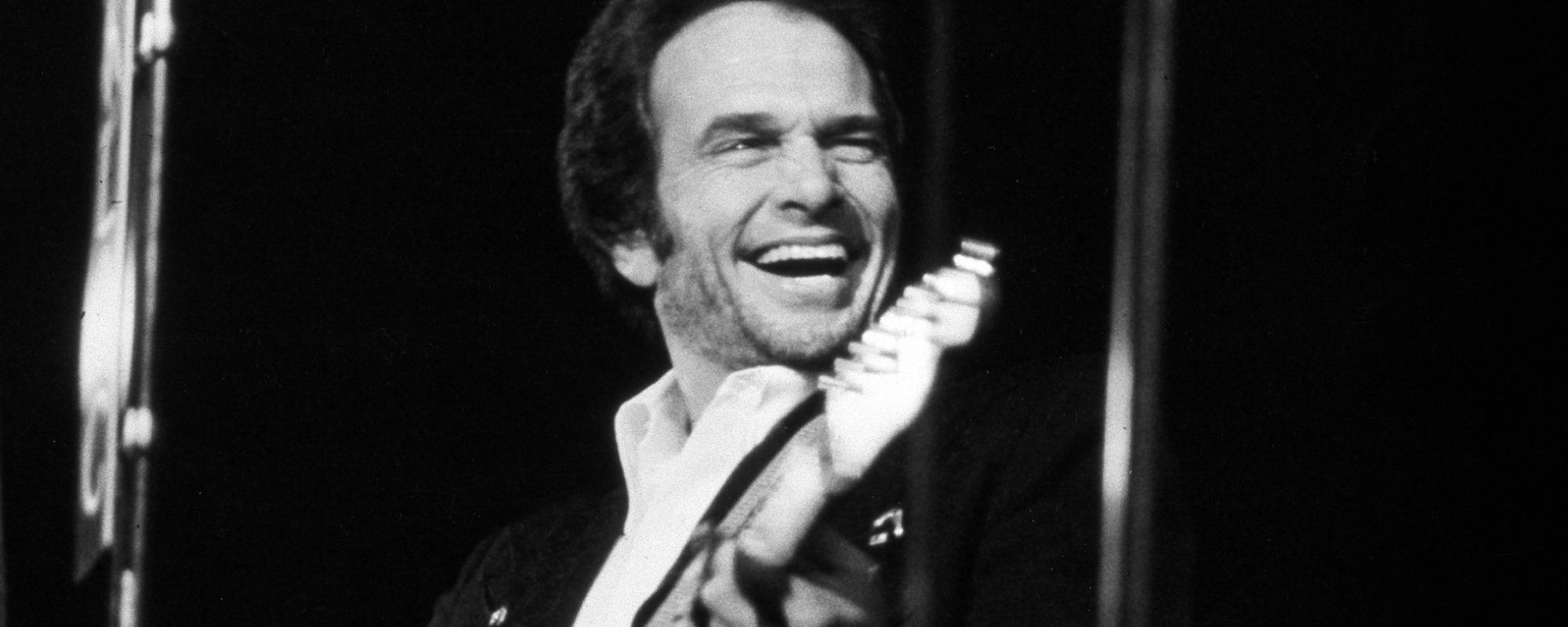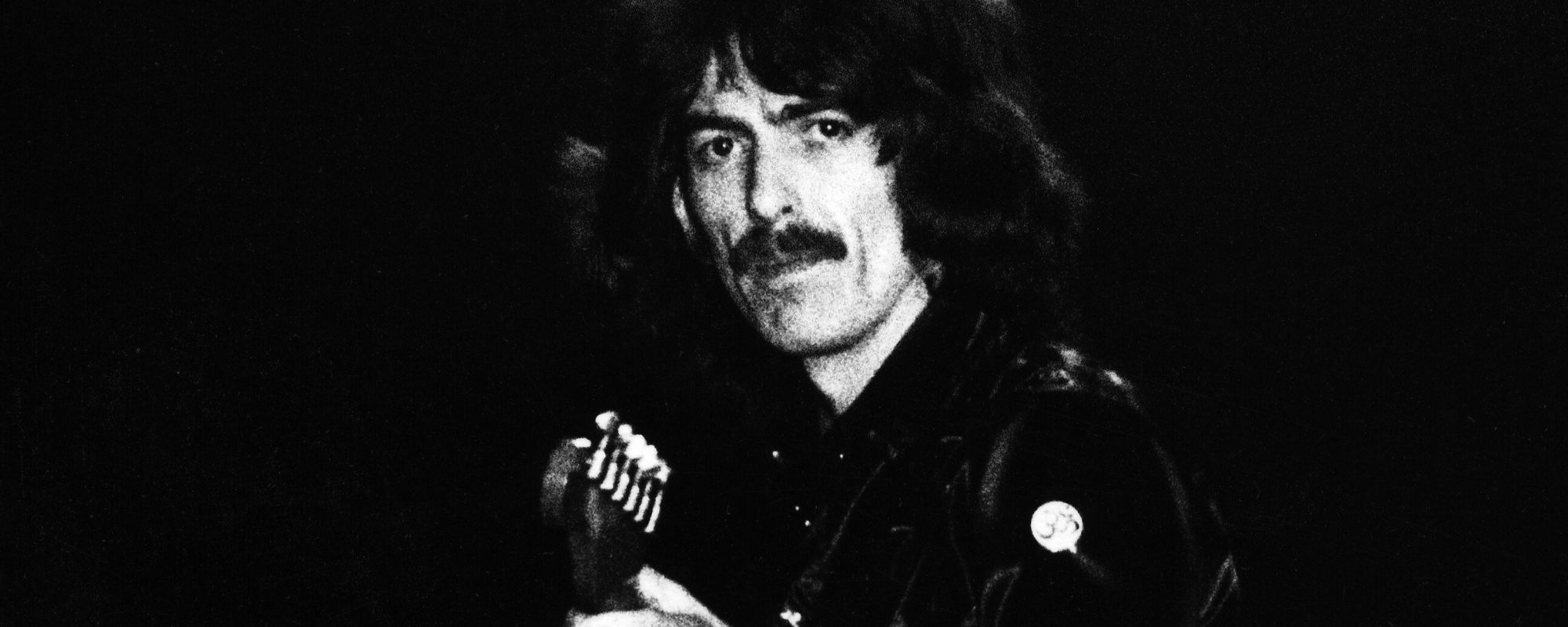When Jackson Browne gained his fame in the 70s, he became known as one of the most earnest singer-songwriters of his era. This overlooked the fact that he could lighten things up now and again, both with humor and by changing up his musical approach.
Videos by American Songwriter
On the lovely “Linda Paloma”, found on his 1976 album The Pretender, Browne slips into a mariachi guise, and he does the traditionally Mexican genre proud. But the lyrical sentiments dovetail with the rest of the album in terms of their anguish and heartache.
Browne’s Mexican Reverie
Jackson Browne reached an undeniable creative peak on his 1974 album Late For The Sky. His third album found him writing with uncommon honesty and grace about the diminishing hopes and increasing fears of his generation.
For his follow-up album, Browne enlisted Jon Landau as producer. By that time, Landau had made his mark with Bruce Springsteen’s 1975 album Born To Run. With him at the helm, The Pretender felt like Browne’s first album in the rock genre, after he’d mostly traveled in the singer-songwriter lane prior to that.
“Linda Paloma”, however, deviates from that form. Browne was inspired to write the song after going regularly to a Mexican restaurant near where he lived. He made the song sound authentic via the incorporation of actual mariachi musicians, with harpist Arthur Gersh making an impression with his gliding runs on his instrument.
While the mariachi music may offer a somewhat more relaxed feel than some of the more somber songs around it, the lyrics still don’t exactly deliver much happiness. That pretty but melancholy vibe keeps “Linda Paloma” right in line with the other tracks on a mostly downbeat record.
Examining the Lyrics of “Linda Paloma”
Apparently, one of the musicians playing in the Mexican restaurant that Browne frequented used to eye up Jackson’s girlfriend. That kernel of truth allowed him to imagine a love triangle. The narrator tries to convince the titular character that his affection holds more worth than the lofty pursuits of the other man.
But the guys are mostly window dressing in the song, mere distractions compared to the lovely character sketch that Browne paints of Linda. She wants to believe in the ideal, no matter how many times life knocks her down: “Dreaming of/Scenes from those songs of love.”
Reality doesn’t care about her dreams, however. “And you find yourself looking through tears,” Browne sings. “At the love you feel slipping away.” He hints that Linda is enduring some sort of chronic depression: “If tears could release the heart / For the shadows preferred by the mind.”
Browne implies that dreams can hold you back in the long run. “Love will fill your eyes with the sight / Of a world you can’t hope to keep.” Nonetheless, the narrator tries to step in and ease her pain in the final verse, promising to school her on the heartbreaking ways of the world: “I know all about these things, Linda Paloma.”
In addition to the mariachi touches provided by the instrumentalists, Browne sings the song with the flair of a romantic balladeer, albeit one with a realistic view of what he’s selling. “Linda Paloma” delivers music that will make you believe in the dream and words that splash cold water all over it.
Photo by Michael Ochs Archives/Getty Images











Leave a Reply
Only members can comment. Become a member. Already a member? Log in.